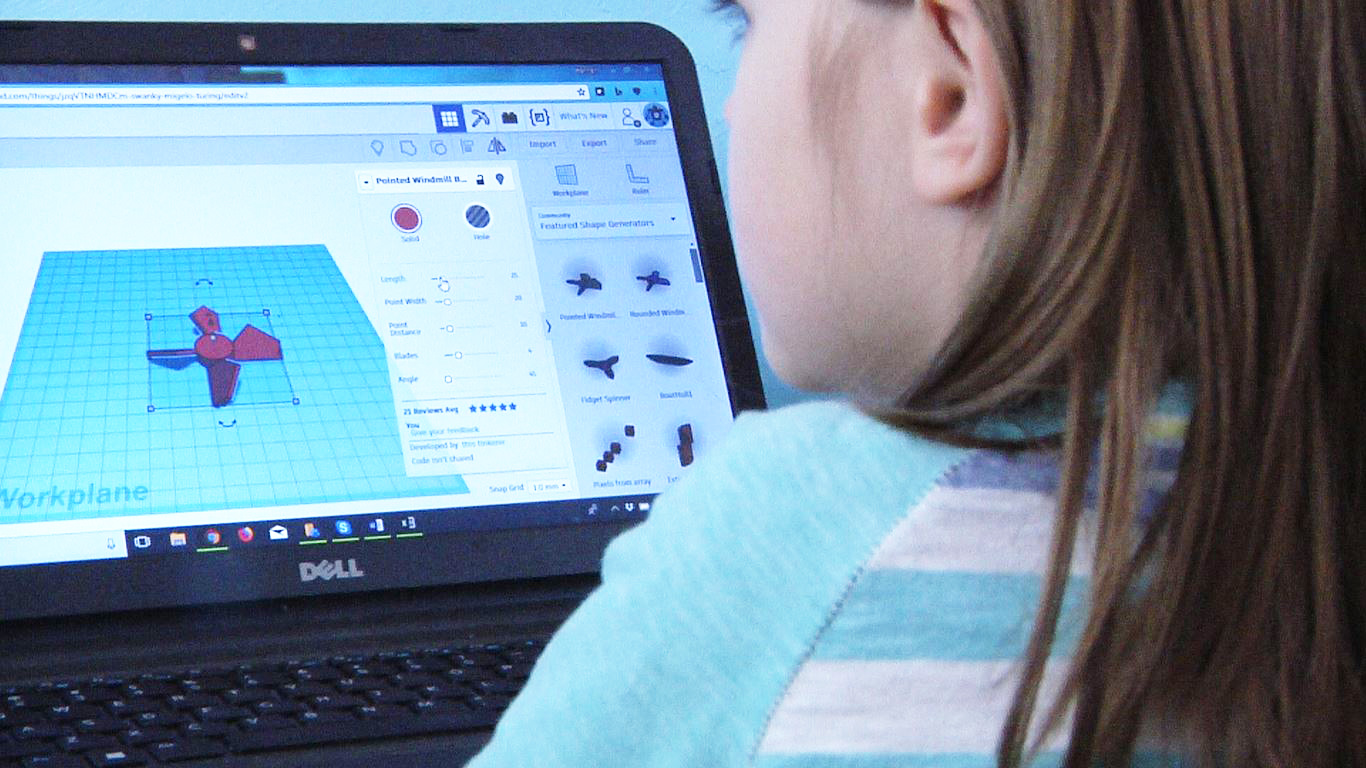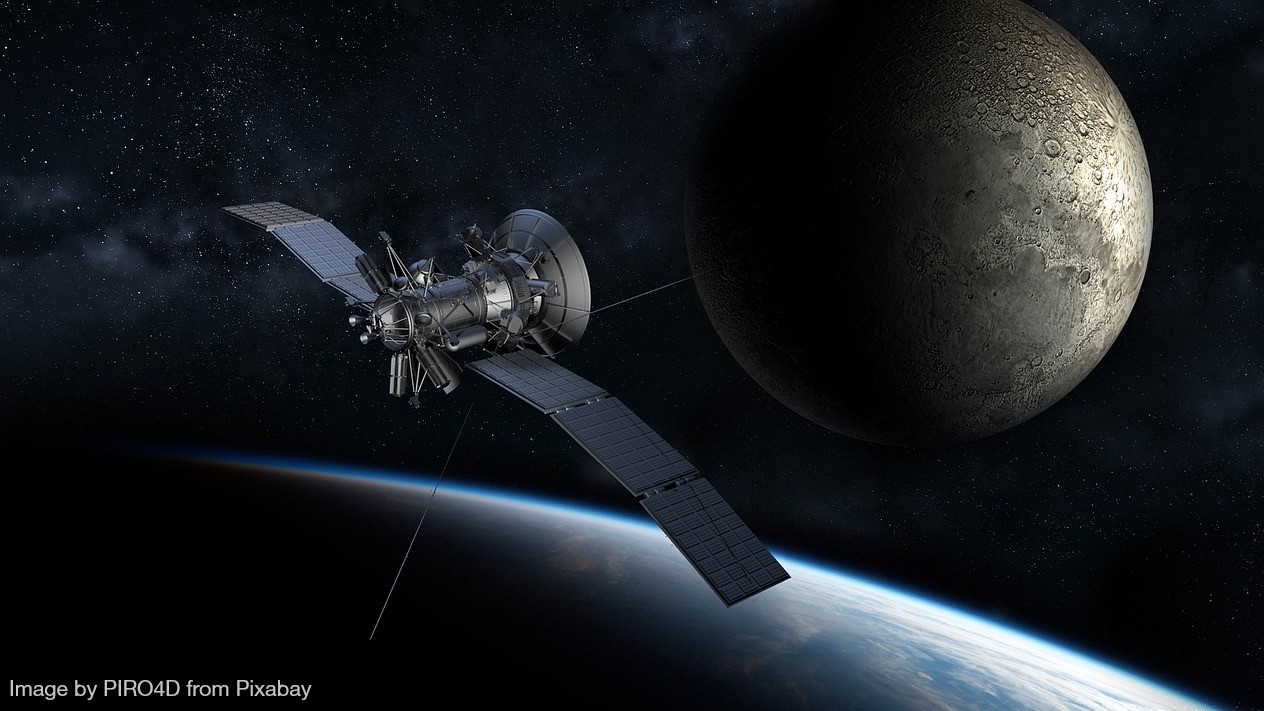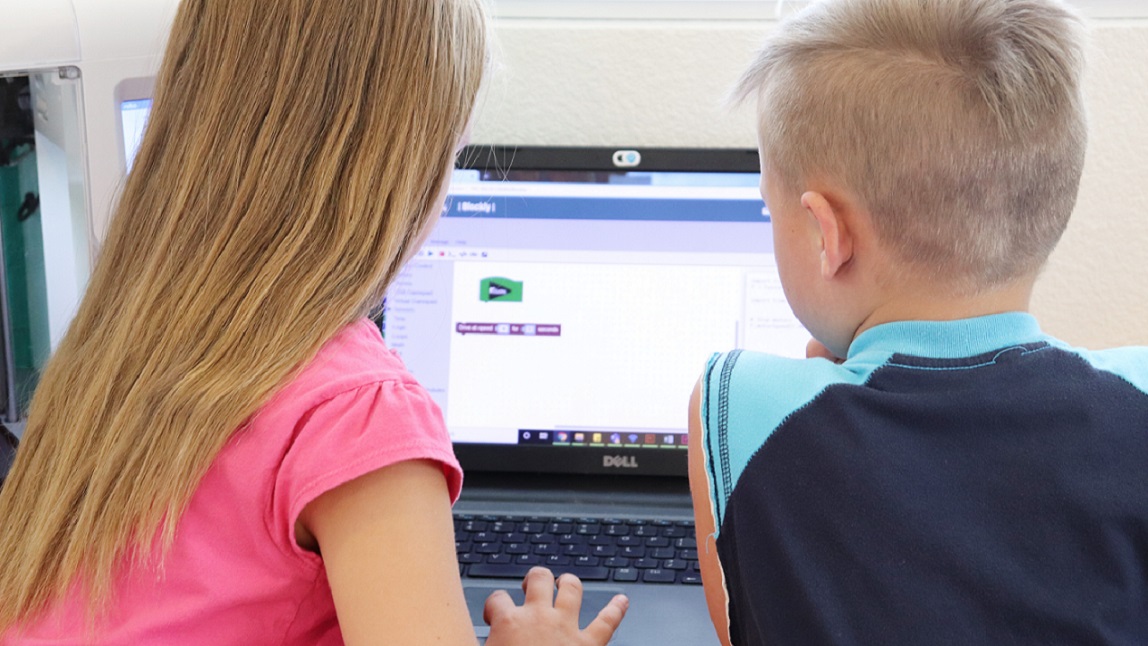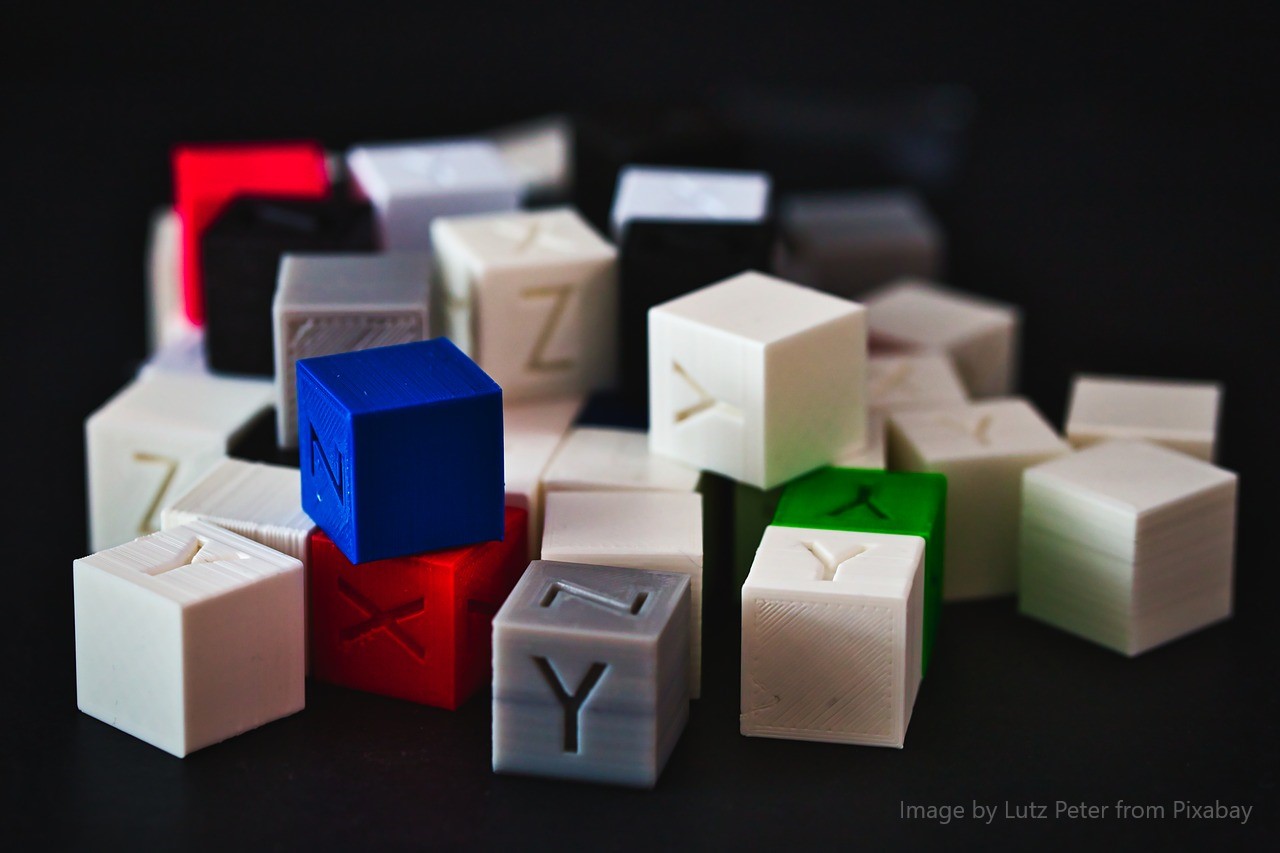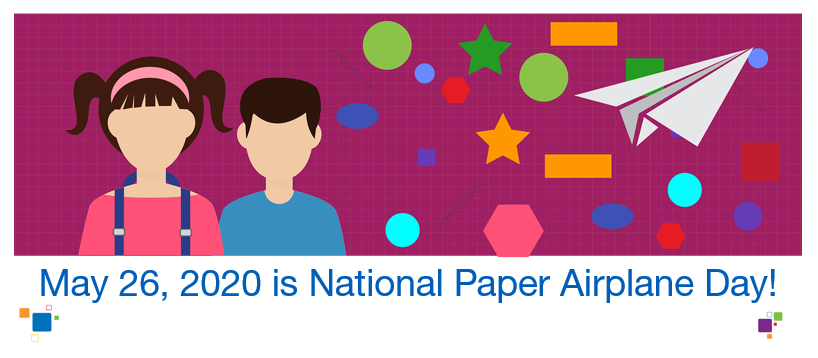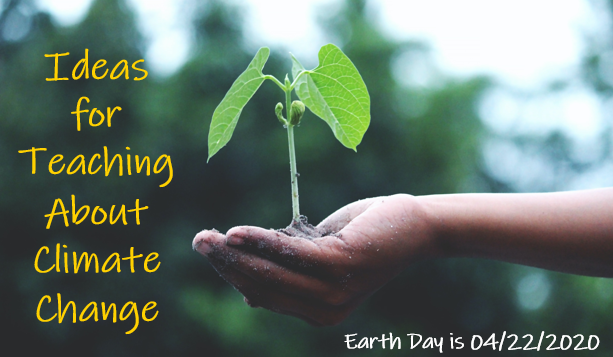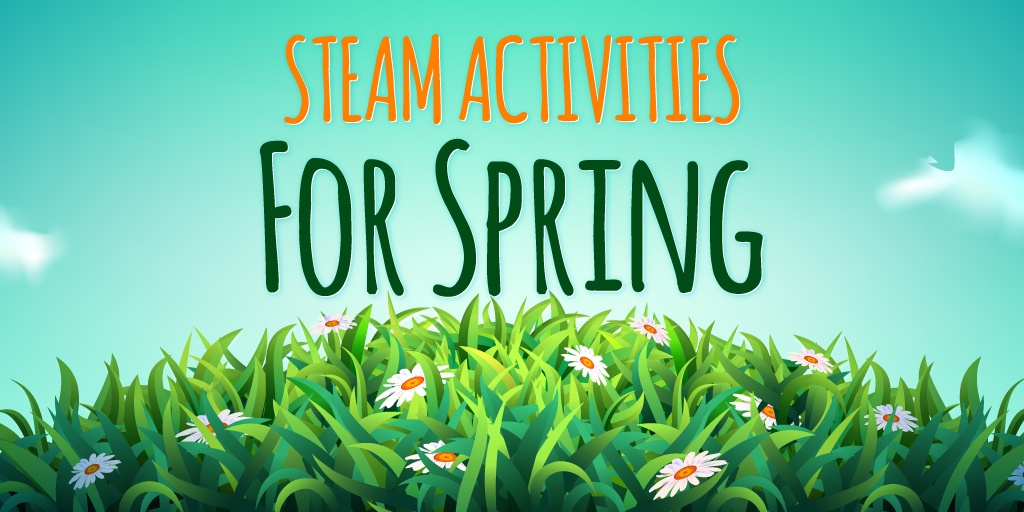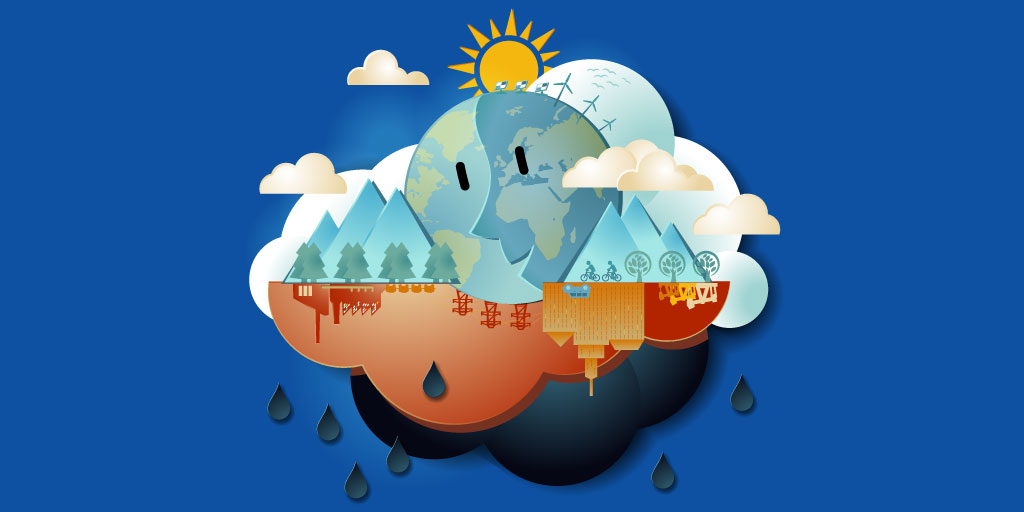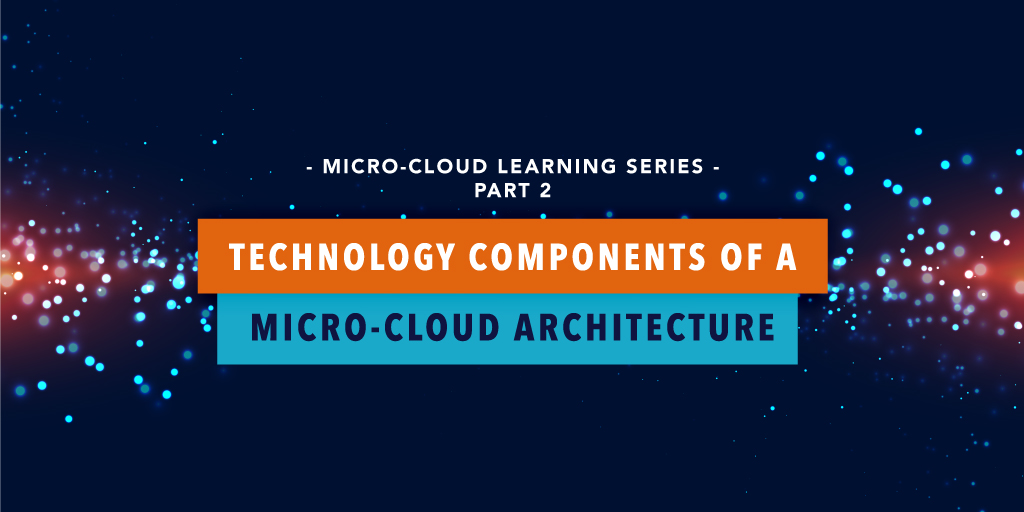If you want to learn modeling, MyStemKits STEAM Design Challenges are definitely the way to go about it. The activities guide you step-by-step through the process of creating a variety of objects, while equipping you with the skills necessary to build your own unique constructions. To supplement that collection of resources, MyStemKits has assembled a general “tips toolbox” of things to consider and strategies to employ for successful 3D modeling.
Topics: STEM Lessons, STEM, STEAM, steam education, steam lessons, 3D printing, STEM education, Robo3D, MyStemKits
Neil Armstrong and landing on the moon. The space shuttle Challenger. The International Space Station. Pictures of ice from the Mars rovers. These are the different things that come to my mind when thinking of space exploration and education. These are topics that have probably been discussed, researched, and studied in classrooms everywhere. But how often is space exploration a part of student learning?
Topics: STEM Lessons, STEAM, steam education, steam lessons, STEM education, Mimio MyBot, MyStemKits
This pandemic isn’t going anywhere anytime soon. Schools are working towards creating an environment where students can learn at home by equipping them with the necessary technology to make the “virtual classroom” a reality. Unfortunately, STEM learning doesn’t appear to be a focus and it needs to be.
Topics: STEM Lessons, Labdisc, STEM, STEAM, Robotics, distance learning, distance teaching, 3D printing, STEM education, Mimio MyBot, Robo3D, MyStemKits
Eons ago, when I was in elementary school, we did a unit on fossils and their importance on understanding how prehistoric plants and animals lived. I was fascinated and for a brief moment in 4th grade, I wanted to be a paleontologist. I would stare at all of the pictures of the different fossils and dream about going on a true-blue dig and discover something cool like a fossil from a mammoth or saber tooth tiger. Of course, I never did become a paleontologist instead choosing to teach because that feeling of excitement when I learned something new was one I wanted all young learners to experience. But I do wonder if my teacher had the technology to make different fossils for closer study maybe I would have chosen the paleontology path.
Topics: Education Technology, Lessons, STEM Lessons, STEM, STEAM, steam lessons, 3D printing, STEM education
Do you remember the first time you made a paper airplane? Who taught you to fold one? Did your plane fly? I think I was about 6 years old and my uncle visiting from the Philippines showed me how to fold one using one of my homework sheets. I was fascinated as I watched him make the folds, ensuring that each fold was precise, explaining each step. Then he took the newly built paper airplane, lifted his arm, and – whoooosh!-- it flew across my living room. It worked!! This was my first exposure to science and engineering, and it was one I often repeated throughout my elementary school years – design, construction, and test flights to identify the “perfect” paper plane. I was doing STEM before STEM was part of our educational vocabulary! Well, today is National Paper Airplane Day and this is the perfect time to explore the different areas of STEM with one activity.
Topics: STEM Lessons, tips for teachers, STEM
You may have seen media stories of the air being clearer since stay-at-home directives have been implemented in different areas of the world (Los Angeles, India). NASA satellite data actually shows a 30-percent decrease in air pollution over the northeast United States (click on the link to view slider image: Drop in Air Pollution). What does this all mean for our climate? How are your children and/or students reacting to the changes? Do they realize there are changes at all? This may be an opportune time to include climate change into your instructional plan, especially with the focus of Earth Day 2020 being climate action. So how can you do it? Here are 7 ideas to try:
Topics: Education Technology, Activities, Science Lessons, STEM Lessons, collaborative learning, Labdisc, STEM, STEAM, climate change
We’re a couple of weeks into spring and most of us are hunkered down at home, trying to create fun learning experiences for our children and/or students. With limited access to science kits, labs, and high tech tools, what can be used at home to boost STEAM (science, technology, engineering, art, and math) learning? Here’s a list of our favorite 10:
Topics: STEM Lessons, recursos para directores de escuelas, STEM, STEAM, Parent resources, homeschooling, homeschool, distance learning, learning resources
Space: The final frontier. A topic that is touched on in many science classrooms, but rarely finds a foothold in the major learning of our students. Learning about space provides opportunities to not only teach the Next Generation Science Standards (NGSS), but also allows students to think, dream, and wonder.
As a classroom teacher of science or any other discipline, the topic of space can be a great crosscutting concept. As teachers dive into the NGSS, they can use these cross-curricular ideas to engage and deepen student learning.
Topics: STEM Lessons, STEM
Teachers try to balance many different elements while planning lessons. Content standards, interest level of students, high levels of rigor, prior knowledge, and empowering and engaging student learning all play a role as teachers are determining how to structure a lesson. As teachers think about increasing relevance in the classroom and applying critical thinking strategies, they can look no further than the current debate about climate change in our world—a topic that meets most, if not all, of the criteria listed above.
Topics: STEM Lessons, STEM
Micro-Cloud Learning Series Part 2: Technology Components of a Micro-Cloud Architecture
In the first part of our micro-cloud learning series, we discussed how this technology is impacting educators and students worldwide. But what exactly does it take to get this technology up and running?
A micro-cloud implementation spans three distinct levels of a distributed architecture. These are the centralized cloud console, the micro-cloud instance(s), and the intelligent devices.
Topics: STEM Lessons, Coding

